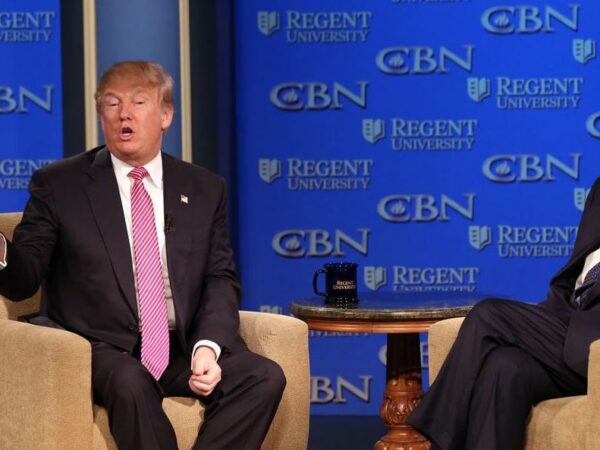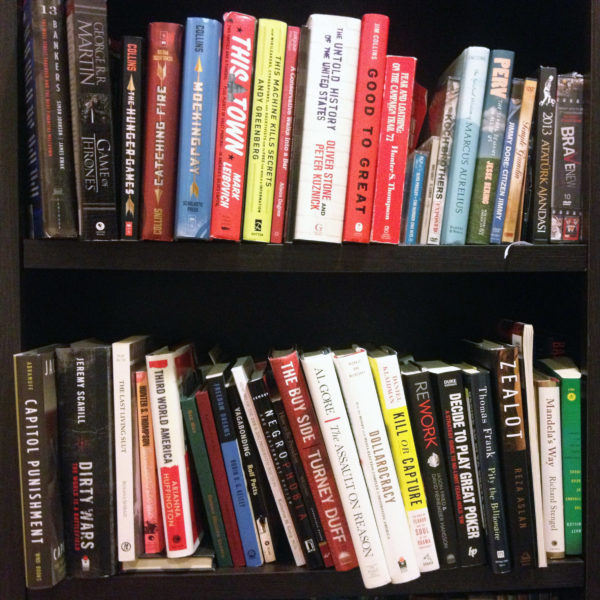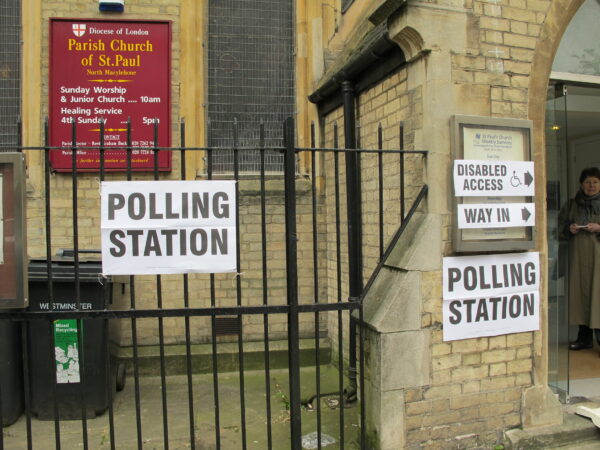
Méadhbh McIvor, special projects editor, interviews Erin K. Wilson on her book Religion and World Politics: Connecting Theory with Practice. They discuss how her book “tries to move us away from this surface-level essentialist thinking about religion and provide people with a practical guide for how to incorporate religion into analysing world politics without over- or under-emphasising its importance.”
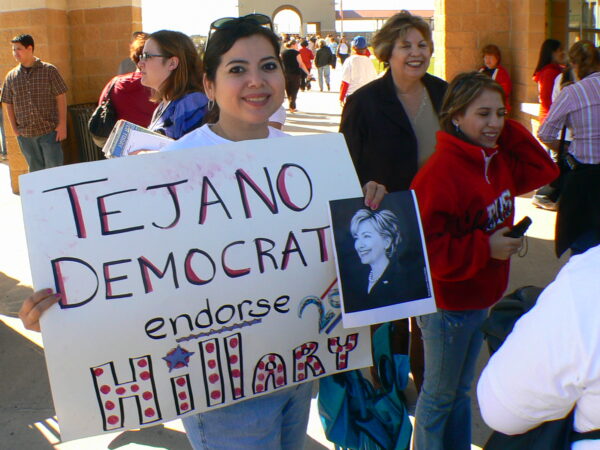
Pentecostals’ political commitments reflect processes of memory and amnesia, assimilation and identity… the stronger the memory of sojourning, migration and exile, the healthier the entrails of compassion for the soujourner’s wellbeing; the greater the distance from the memory of a wandering past, the greater the buy-in to a nationalistic Malthusian ideology that, among other things, paints the sojourner as law-breaking menace to the host society.
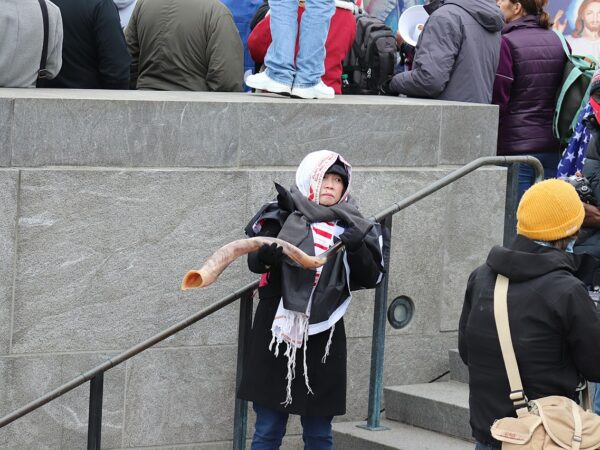
Almost a quarter of a century after that night in Pensacola, Trump supporters brought their shofars to a “Jericho March” at Washington D. C. in a manner resembling that decades-old revival meeting. Like the Brownsville attendees who cheered for Gideon’s victory, the Jericho March called to mind a biblical story of Joshua at Jericho, another conquest with the sound of a shofar.
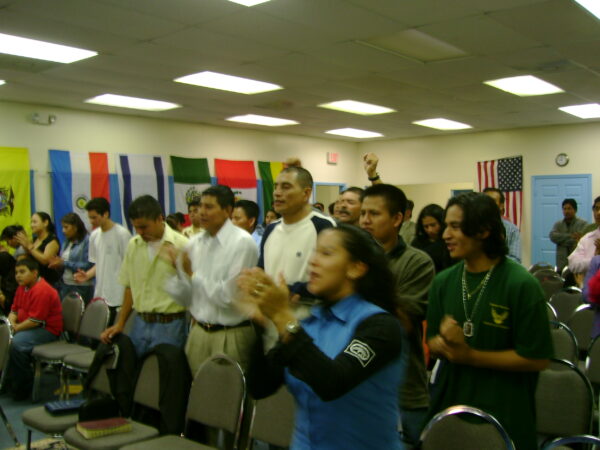
We see this wholesale adoption of White Evangelical practices in the Latino/a Evangelicals’ increasing support of the White nationalist philosophy which undergirds the White Evangelical theological position. The 2016 presidential election, Trump’s subsequent term in office, and the 2020 presidential election have made this all much more publicly clear.

Vincent Lloyd on James Cone, Ilsup Ahn on Labor, Immigration and Forgiveness, Silas Morgan on Ideology and liberation, and so much more.
